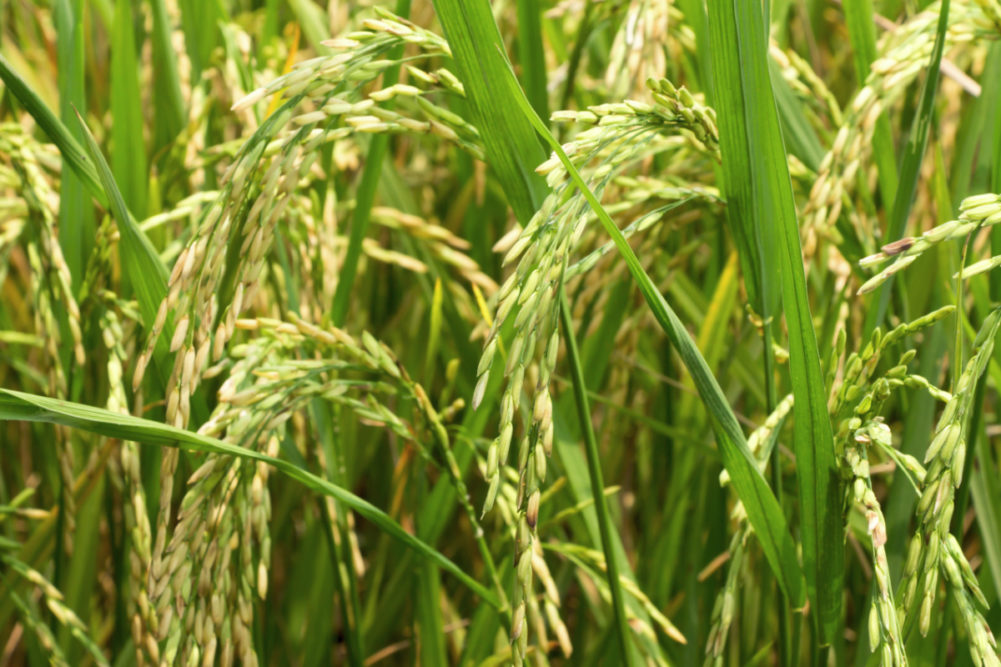BATTLE CREEK, MICHIGAN, US — The Kellogg Co. has unveiled Kellogg’s InGrained, a new $2 million, five-year program to reward farmers’ efforts to reduce greenhouse gas (GHG) emissions.
As part of the program, Kellogg will partner with Lower Mississippi River Basin rice farmers to reduce their climate impact. According to Kellogg, much of the rice sourced from the Lower Mississippi River Basin is used in rice-based foods such as Kellogg’s Rice Krispies and Kellogg’s Special K cereals.
The InGrained program will pilot in northeast Louisiana in collaboration with GHG measurement firm Regrow, rice producers, Kellogg supplier Kennedy Rice Mill LLC, and agribusiness firm Syngenta.
The pilot will provide training opportunities in irrigation management, nutrient management and soil health to support farmers’ transition to new practices, then reward farmers with $20 per ton of GHG abatement their new practices achieve, quantified with Regrow’s secure Measurement, Reporting and Verification (MRV) platform, Kellogg said.
Kellogg said the pilot also has the potential to reduce irrigation water, an opportunity to conserve the region’s water resources and reduce farmers’ operating costs. Through InGrained, partners estimate a reduction of up to 51,000 tons of GHGs from the North American rice ingredient supply chain over the next five years, Kellogg said, which would be the equivalent of taking more than 10,000 vehicles off the road.
“Kellogg has established itself as a committed partner to farmers in implementing climate-positive agricultural practices in important crops like rice,” said Steven A. Cahillane, chairman and chief executive officer of Kellogg Co. “We are proud to announce a new program to help advance regenerative practices as part of our Better Days ESG commitments to support 1 million farmers and workers and reduce scope 3 greenhouse gas emissions across our value chain by 15%, by the end of 2030.”
The InGrained initiative is part of the global Kellogg’s Origins program, which has partnered with more than 440,000 farmers in 29 countries to support climate, social and economic resiliency.






